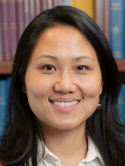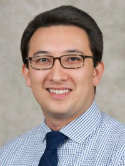| Abstract: |
Background. Cancer-related fatigue (CRF) is a highly prevalent and underestimated symptom in cancer patients. This study aims to analyze CRF solely in a cohort of oropharyngeal cancer patients who underwent treatment with radiotherapy (RT). Methods. In January 2008 to June 2010, 87 consecutive oropharyngeal carcinoma patients underwent definitive RT. Concurrent chemotherapy was used for 94% of patients. The median prescription dose to the planning target volume of the gross or clinical tumor volume was 70 Gy for definitive cases (n = 84) and 66 Gy for postoperative cases (n = 3), both delivered over 6. 5 weeks. A normalized 12- point numeric rating scale assessedCRFfrom patient visits before, during, and after RT. Results. The median follow-up of living patients was 14 months. Fatigue peaked 1-2 weeks post-RT and remained higher than baseline for up to 2 years post-RT in 50% of patients. The average fatigue score at the time of completion of therapy or maximum thereafter up to 1 year post-RT was significantly worse than baseline. Patients who experienced pain had a trend toward significance with association for a higher maximumdifference in fatigue from baseline. Karnofsky performance status score, weight change, and mood disorders did not correlate with CRF. Conclusions. Fatigue was a common treatment-related symptom in this uniform cohort of patients with oropharyngeal cancer. RT was highly correlated with worsening of CRF. Pain control has the potential to help mitigate CRF in patients experiencing pain, and will need to be confirmed using larger datasets. © AlphaMed Press. |











